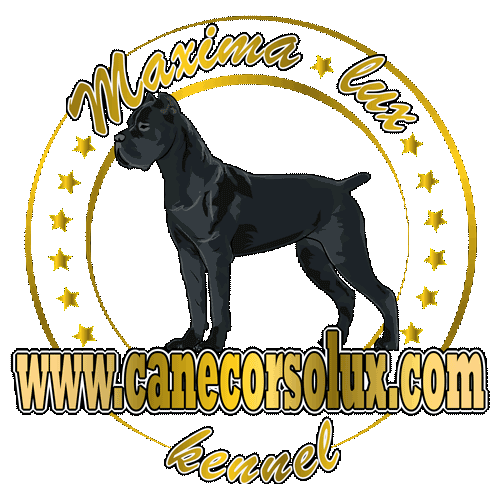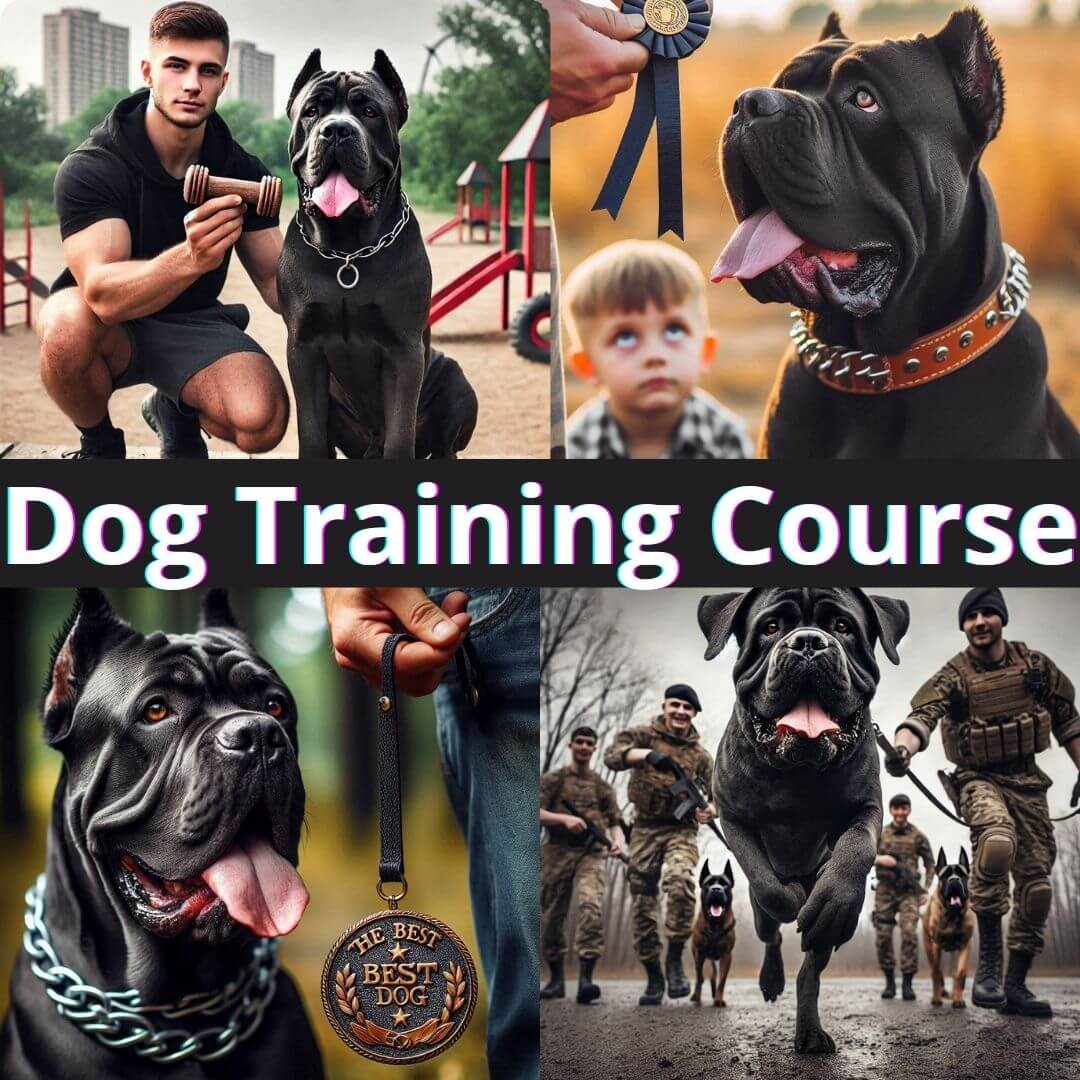After training many Cane Corso puppies, I've grasped the cues indicating it's time to uncover. When your pup effortlessly follows commands, displays good behavior consistently, and shows a strong bond with you, it may be time to ease up. Observing their positive response to training, balanced with their natural attention span and impulse control, guides the decision. Progress monitoring helps recognize when adjustments or additional challenges are needed. Understanding these signals assures you of when your Cane Corso puppy has reached a training milestone. And remember, each step of the training journey reveals new insights into your puppy's learning capability.
Age Milestones
As a seasoned Cane Corso trainer, I keenly observe age milestones to gauge when to adjust the training regimen for best results. One pivotal milestone is around 8 to 12 weeks when a puppy's socialization skills rapidly develop. This period is ideal for introducing basic commands and positive reinforcement to shape their behavior positively.
By 4 to 6 months, puppies start teething, making it an opportune time to focus on bite inhibition training. As they approach 1 year, adolescence kicks in, bringing about independence and testing boundaries. It's essential to reinforce training during this stage to maintain good behavior.
Understanding these age milestones allows me to tailor the training approach effectively, setting the groundwork for a well-behaved Cane Corso.
Consistent Performance
Maintaining consistent performance in a Cane Corso's training regimen is crucial for fostering lasting obedience and behavior. As a Cane Corso owner, I've learned that repetition and regularity are key to reinforcing good habits.
Consistency helps your puppy understand what's expected of them, leading to quicker learning and retention of commands. By sticking to a routine and consistently practicing commands, you build a strong foundation for your Cane Corso's behavior.
Positive Reinforcement Response
Consistency in utilizing positive reinforcement is the key to fostering a strong response from your Cane Corso during training sessions. Positive reinforcement involves rewarding good behavior to encourage its repetition.
Here are some effective ways to reinforce positive behavior in your Cane Corso:
- Use treats: Reward your puppy with treats when they exhibit the desired behavior.
- Verbal praise: Offer enthusiastic verbal praise such as 'good boy' or 'good girl' to reinforce positive actions.
- Physical affection: Show love and affection through petting or belly rubs to reinforce good behavior.
Attention Span
To ensure effective training sessions with your Cane Corso, it's important to understand and respect their attention span. Cane Corsos are intelligent dogs with a strong will, but like any other breed, they've limits to their focus.
When training your Cane Corso, keep sessions short and engaging to prevent them from becoming bored or frustrated. Typically, puppies have shorter attention spans than adult dogs, so it's vital to tailor your training methods accordingly.
Impulse Control
Understanding your Cane Corso's impulse control is vital to shaping their behavior and fostering a harmonious relationship between you and your puppy. Impulse control training is essential for a well-rounded and disciplined dog. Here are some essential aspects to keep in mind when working on impulse control with your Cane Corso:
- Consistent Training: Regular training sessions focusing on impulse control will help your puppy learn self-restraint.
- Patience and Persistence: Building impulse control takes time and effort, so be patient and consistent in your training approach.
- Reward-Based Techniques: Positive reinforcement methods like treats or praise can encourage good behavior and reinforce your Cane Corso's self-control.
Socialization Success
Successfully socializing your Cane Corso puppy requires intentional exposure to various environments, people, and animals during their critical developmental period. Socialization sets the foundation for a well-adjusted and confident adult dog.
I recommend starting early, between 3 to 14 weeks, to introduce your puppy to different sounds, sights, smells, and experiences. Be mindful of positive interactions to build their confidence and trust in the world around them. Supervised playdates with other vaccinated dogs can also aid in developing proper social skills.
Consistency is key; continue socializing your Cane Corso throughout their life to prevent regression. Remember, a well-socialized puppy grows into a well-rounded and happy companion.
Physical Limitations
As your Cane Corso puppy grows, it's important to be mindful of their physical limitations to safeguard their health and well-being. Understanding these limitations will help you tailor their training regimen effectively. Here are some key points to keep in mind:
- Growth Plates: These are areas of developing cartilage at the ends of the bones in young puppies. Over-exercising can damage them, leading to long-term issues.
- Joint Health: Cane Corsos are prone to hip dysplasia and other joint problems. Careful exercise management can help prevent these conditions.
- Breathing: Their large size can sometimes lead to breathing difficulties, so avoid intense physical activities that could strain them.
Mental Stimulation
To promote ideal development and well-being for your growing Cane Corso puppy, engaging in various mentally stimulating activities is essential. Mental stimulation is just as important as physical exercise for these intelligent and energetic dogs. Incorporating activities like puzzle toys, obedience training, scent games, and interactive play sessions can help keep your Cane Corso mentally sharp and prevent boredom.
A bored puppy may exhibit destructive behaviors or become anxious. By providing mental challenges, you not only satisfy their instinctual needs but also strengthen your bond through training and positive interactions. Remember, a tired mind is as important as a tired body for a well-rounded and happy Cane Corso companion.
Behavioral Adaptation
Engaging in mental stimulation activities with your Cane Corso puppy not only keeps their mind sharp but also lays a strong foundation for behavioral adaptation as they grow. Through these activities, you can shape their behavior positively and help them adapt to various situations.
Here are some key ways in which mental stimulation aids in behavioral adaptation:
- Improved Problem-Solving Skills: Puzzle toys and interactive games challenge your puppy's problem-solving abilities.
- Enhanced Socialization: Exposure to new people, animals, and environments during mental exercises promotes confident and adaptable behavior.
- Reduced Anxiety: Mental stimulation can help alleviate stress and anxiety, leading to a more balanced and well-adjusted puppy.
Environmental Challenges
Getting through various environmental challenges is an essential aspect of raising a well-rounded Cane Corso puppy. From socialization in different settings to exposure to various sounds and sights, addressing these obstacles is vital for a puppy's development.
Introducing your Cane Corso to diverse environments early on helps build confidence and adaptability. Whether it's a bustling city street or a quiet park, each new place offers a chance for growth and learning.
As a responsible owner, I've found that gradual exposure combined with positive reinforcement is key to helping my Cane Corso puppy thrive in different surroundings. Embracing these challenges head-on not only strengthens the bond between us but also sets the foundation for a well-adjusted and confident adult dog.
Trainer Burnout
Experiencing trainer burnout is a common challenge that can greatly impact the effectiveness of Cane Corso puppy training. When you hit a wall, it's important to address this issue promptly. Here are some signs of trainer burnout to watch out for:
- Decreased patience and frustration during training sessions
- Lack of motivation to engage in training activities
- Feeling overwhelmed by the responsibilities of caring for and training your Cane Corso
Recognizing these signals and taking proactive steps to address burnout, such as taking breaks, seeking support from other trainers, or adjusting your training schedule, can help you recharge and approach your puppy's training with renewed energy and enthusiasm.
Professional Guidance
Seeking professional guidance when training a Cane Corso puppy can provide valuable insights and support to help you navigate challenges effectively. As a seasoned owner, I've found that working with a reputable dog trainer specializing in large breeds like the Cane Corso can make a world of difference. These professionals understand the breed's unique characteristics, temperament, and training needs.
They can offer tailored advice, personalized strategies, and hands-on demonstrations to address specific behaviors or issues you may encounter. A skilled trainer can also teach you how to communicate effectively with your puppy, build a strong bond based on trust and respect, and set clear boundaries for consistent training.
Investing in professional guidance early on can set you and your Cane Corso puppy up for long-term success.







